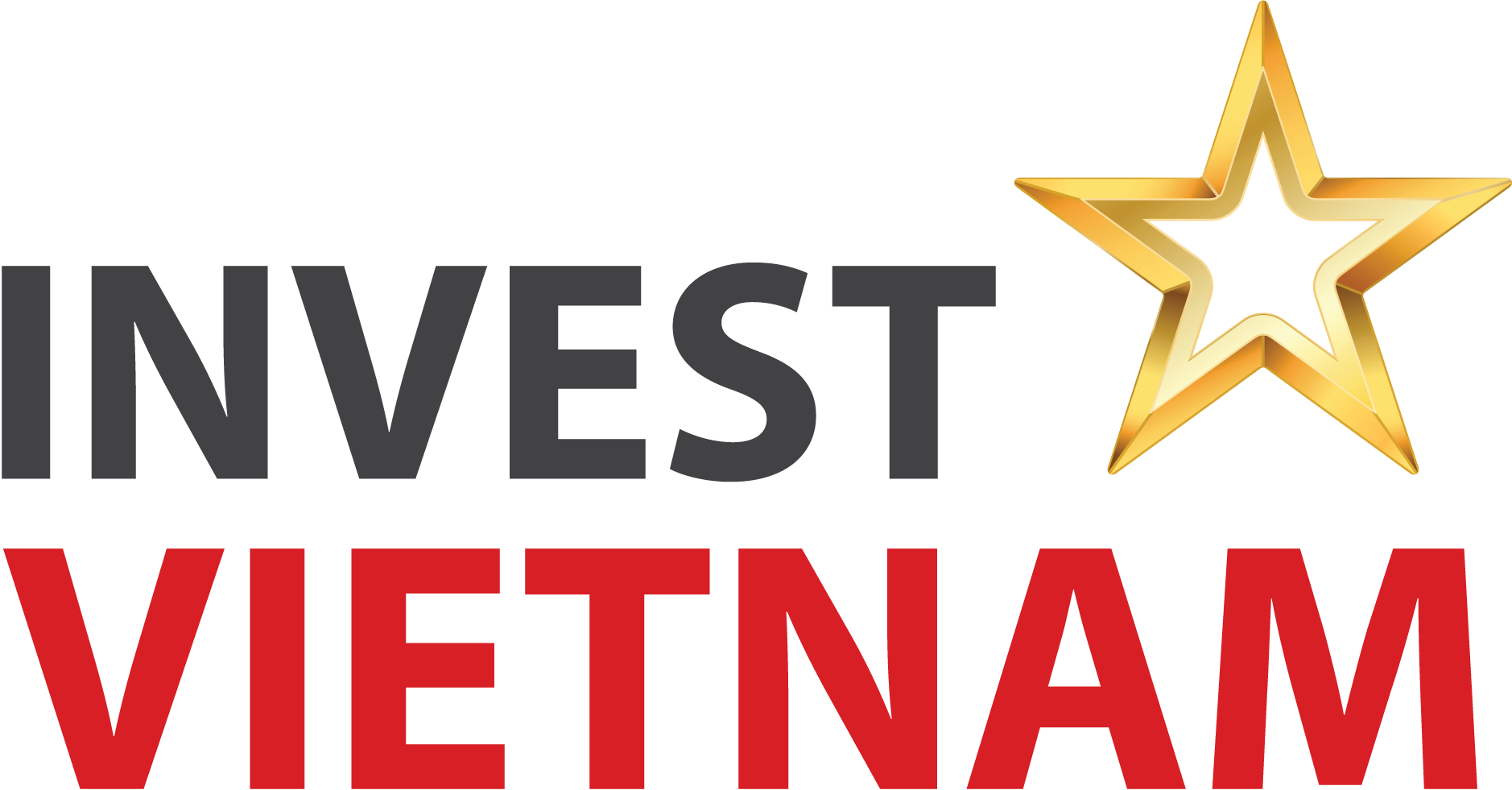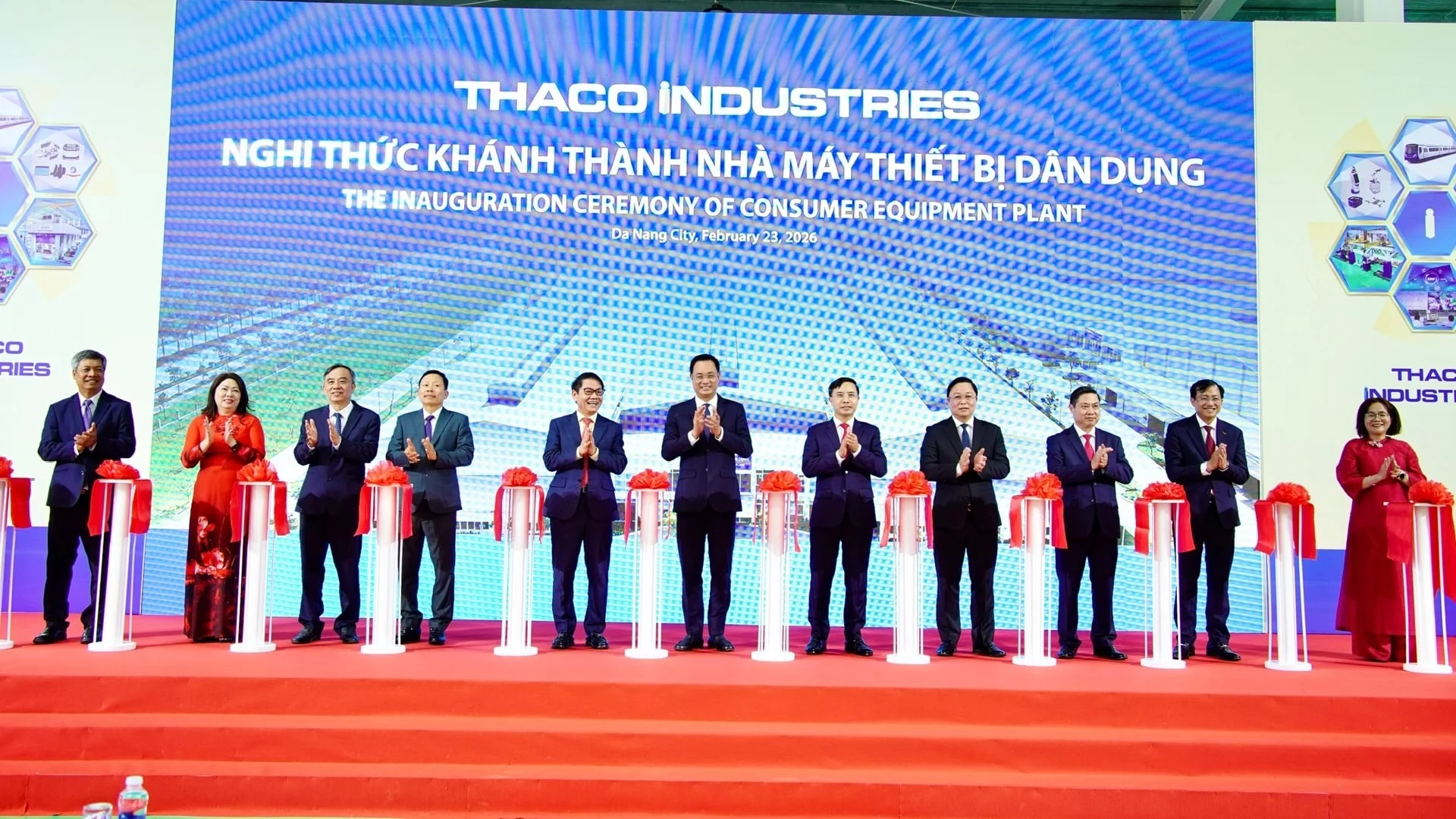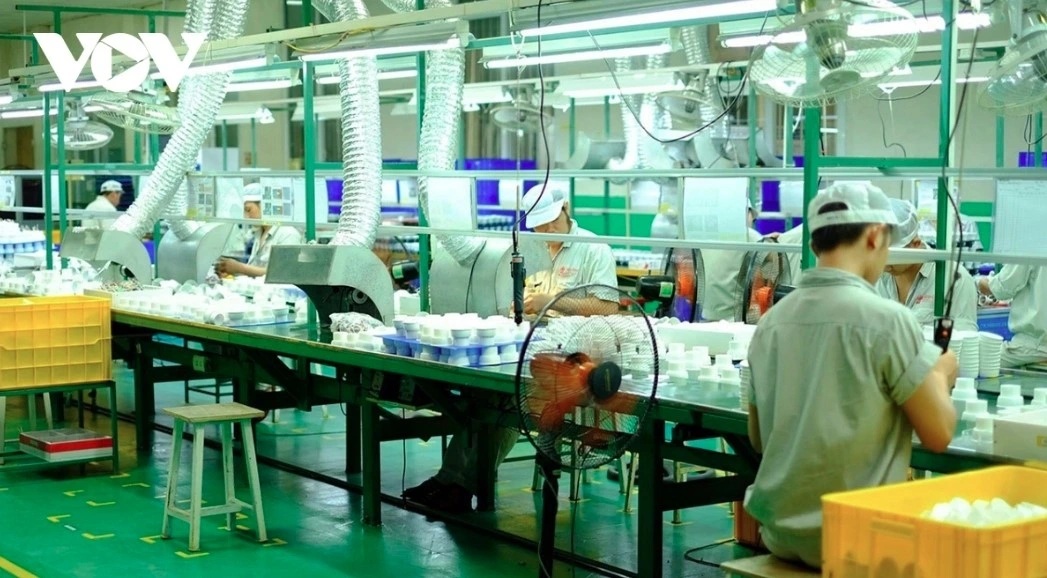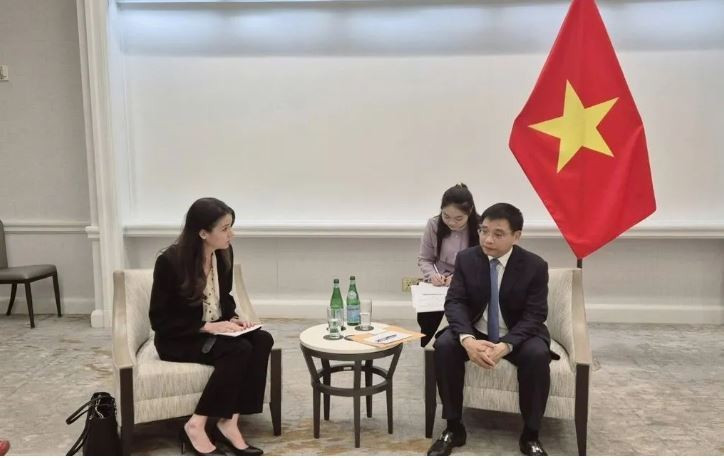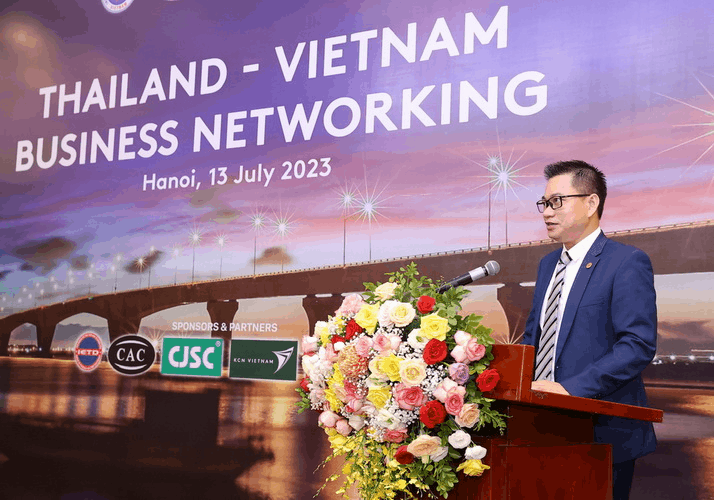Vietnam poised to bridge global semiconductor workforce gap
Vietnam has the potential to meet the global semiconductor workforce need in short, medium and long terms, Minister of Information and Communications Nguyen Manh Hung told a recent seminar, highlighting Vietnam's strategic advantages in the rapidly growing industry.
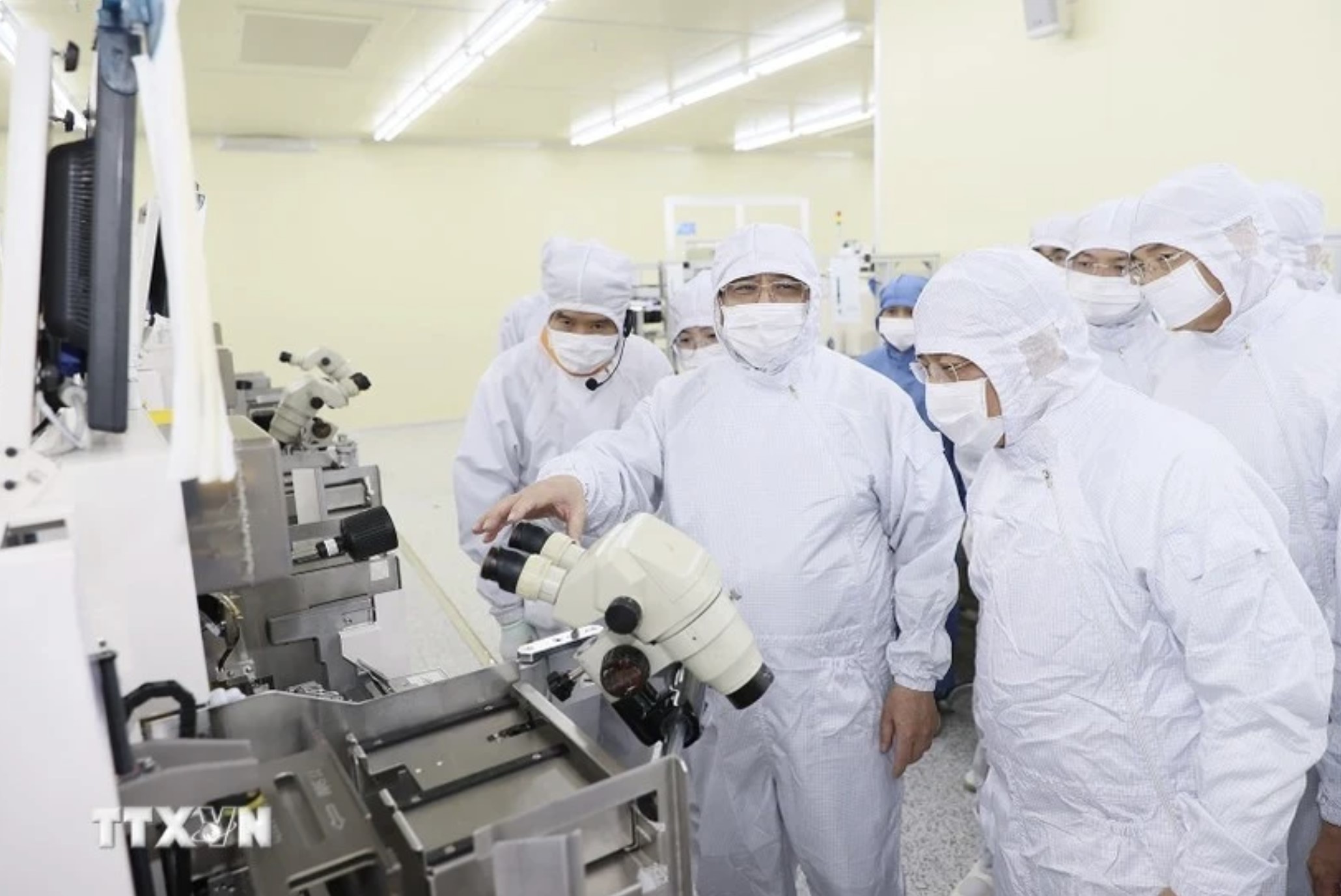
Positioned at the global centre of the semiconductor industry, Vietnam's impressive economic growth, coupled with a strong focus placed on the semiconductor development by the Party and State, creates a fertile ground for attracting investment and talent, he said, adding that this commitment is further underscored by the recent Party Central Committee’s directive, aiming to train 50,000 -100,000 highly skilled professionals for the industry by 2025 and 2030.
He said Vietnam's strategic partnerships with leading semiconductor nations further enhance its potential. The Memorandum of Understanding signed with the US during President Joe Biden's visit in September 2023 exemplifies this collaborative approach. Additionally, high-profile visits and discussions with industry giants like NVIDIA, Intel, and Samsung showed their growing interest in establishing research and production hubs in Vietnam.
Recognising this opportunity, many Vietnamese universities are actively expanding their academic offerings. The Vietnam National University - Ho Chi Minh City's University of Natural Sciences, the University of Science and Technology of Hanoi, and member universities of the University of Da Nang are all establishing dedicated faculties or programmes on semiconductor technology.
The Hanoi-based Phenikaa University has introduced semiconductor circuit design, chip and packaging technology training programmes starting from the 2024-2025 academic year. Its newly established Phenikaa Semiconductor IC Design Training Centre reflects a long-term commitment to supplying the industry with highly qualified workforce. Its affiliate, Phenikaa Semiconductor (S-Phenikaa), also aims to bridge the gap between academic training and real-world industry needs.
Dr. Le Viet Khuyen, Vice Chairman of the Association of Vietnamese Universities and Colleges, encouraged young people to consider foundational disciplines like chemistry, technical physics, microelectronics, and telecommunications electronics. These fields, combined with practical work experience, can pave the way for fulfilling careers in the semiconductor industry.
Minister Hung further underlined the importance of developing Vietnam's electronics sector and prioritising digital transformation alongside semiconductor production. He said integrating artificial intelligence chips into electronic devices is another key focus area, ensuring Vietnam's long-term competitiveness within the global technology landscape./.
Source: VNA
Original link